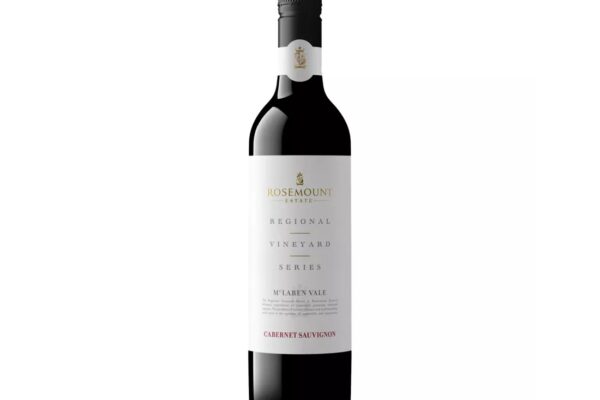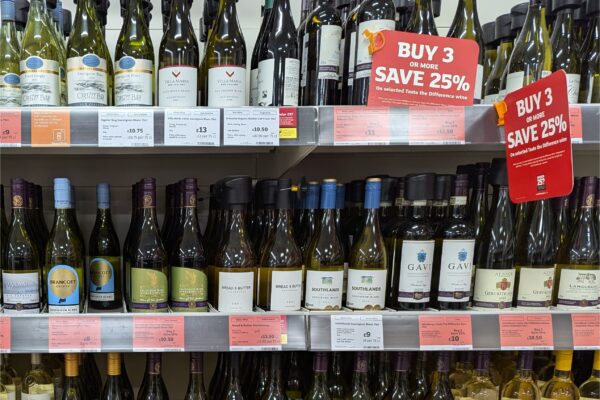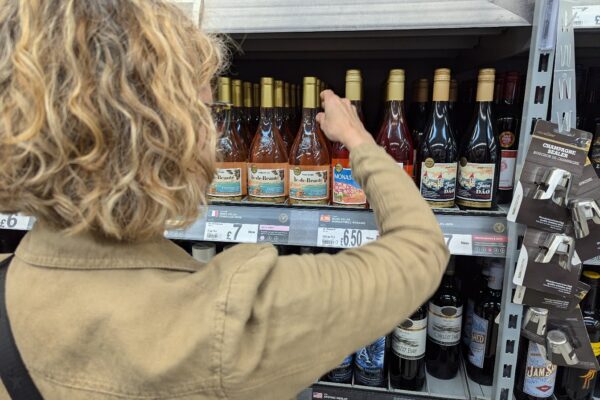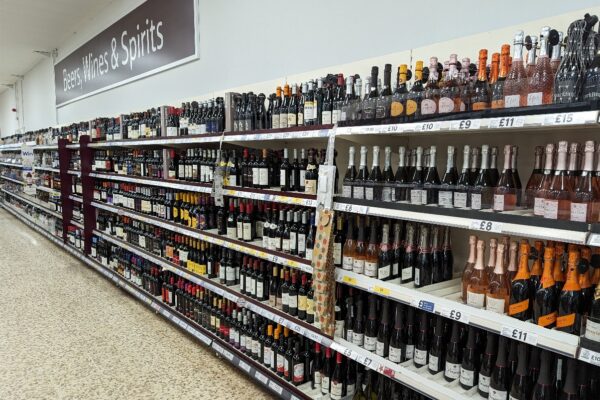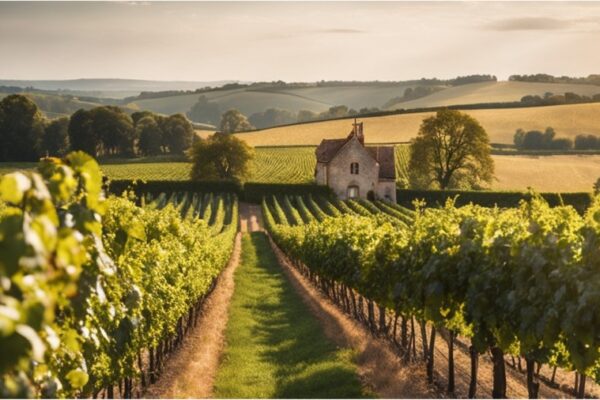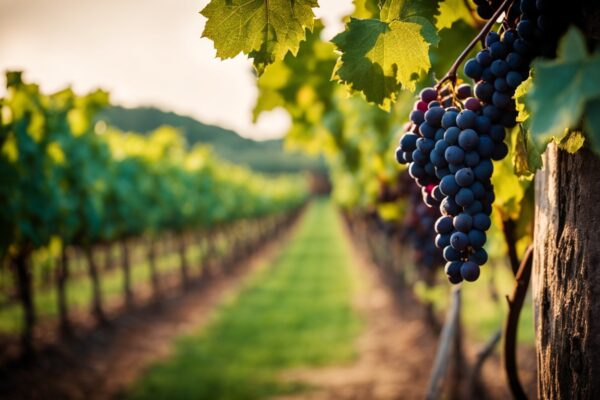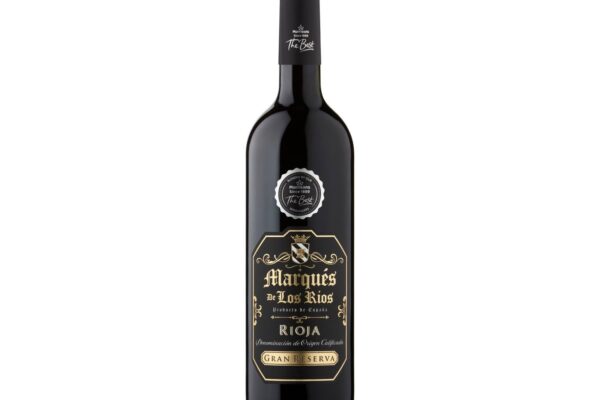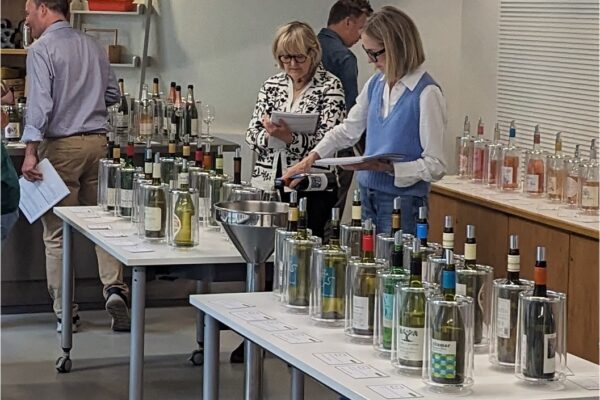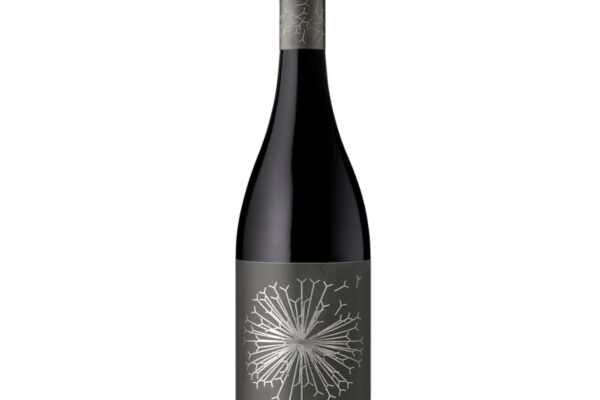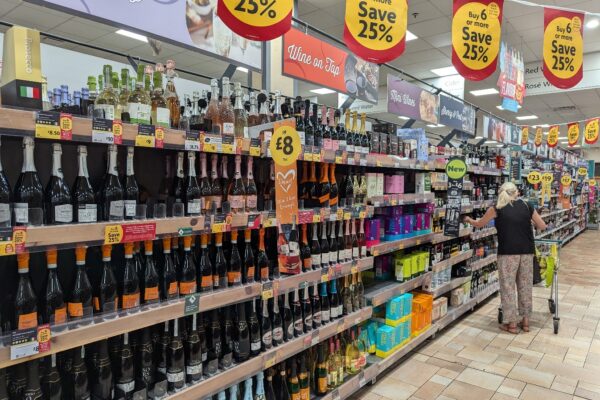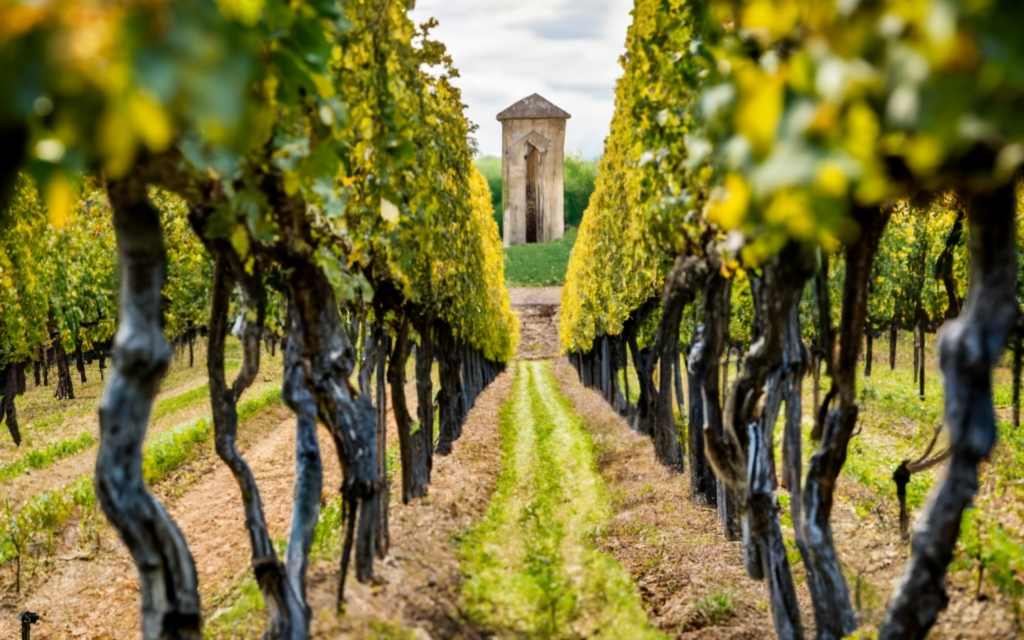
According to an article in Nature, the French wine industry, a major part of French culture and economy, is grappling with the challenges posed by climate change. With its strict appellation d’origine contrôlée (AOC) system, which sets rigid rules about geography, grape varieties, and production techniques, the industry faces unique challenges. However, French wine-growers are not waiting for legislative changes. Instead, they are proactively seeking innovative solutions to adapt to the new climate realities.
Spring buds in vineyards are emerging earlier due to warming March temperatures but frosts are still common in April. To protect the buds, some vineyard owners like Claude de Nicolay are using candles instead of electric heaters to minimize their contribution to climate change. The grape harvest in France is now starting around three weeks earlier compared to the 1980s, forcing wine-growers to think about short- and long-term adaptation strategies.
The AOC system, which has been instrumental in branding French wines could also be a hindrance in adapting to climate change. The system’s rigid rules might prevent French wine-makers from being agile and innovative. However, some are advocating for legislative changes that reflect the new challenges they face, from shifting weather patterns to extreme events.
In response to increasing drought, some southern appellations have relaxed rules that forbid irrigation. Other regions are exploring solutions like innovative soil management, changing their pruning regimes or shifting to agroforestry. Some are even considering changing the make-up of conventional blends or introducing drought-resistant clones and varieties from hotter regions like Portugal, Italy and Greece.
Researchers are also contributing to the adaptation strategies. For instance, chemical analysis is being used to detect key molecules that influence aroma, helping wine-makers to more closely control the style and quality of their final product. New yeast strains, cooler fermentation temperatures and different types of storage are being tested to better control acidity or reduce alcohol content.
While the challenges are daunting, many in the industry remain optimistic. They believe that by taking the right steps now, they can ensure a viable future for their vineyards and the French wine industry at large.






